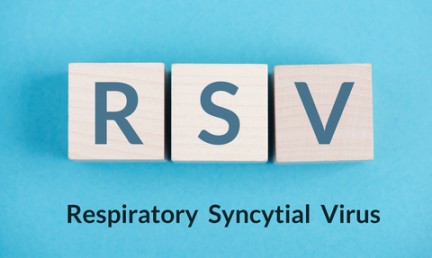
AI therapy chatbots have attained remarkable fluency, skill, and ubiquity—quickly becoming the most frequent reason people use artificial intelligence. Psychotherapy chatbots have attained remarkable fluency, skill and ubiquity – having become the single most frequent reason people use artificial intelligence. Their uncanny ability to engage and validate is a two-edged sword – useful for the majority of users who are experiencing problems of everyday life or have milder mental disorders, but dangerous for the minority who have more severe problems (e.g. psychosis, bipolar disorder, self-mutilation, suicide, antisocial impulses, eating disorders, conspiracy theories, religious and political extremism). Chatbots are created to make money, without meaningful quality control, safety guardrails and external regulation.
They will likely be misused to create addiction, reduce human contact, invade privacy, allow exploitation and create opportunities for marketing and political propaganda. Chatbots also make mistakes (‘hallucinations’), deceptively cover them up and sometimes go rogue (acting outside the parameters set by their human programmers).
Psychotherapy practitioners and associations are curiously complacent about the rapid emergence of artificial intelligence competition. Their passivity reflects ignorance about the power of chatbots, denial of their likely impact and arrogance regarding their capacities (e.g. ‘no machine will ever replace me’). This is both incorrect and foolhardy – human therapists expect to win in competition for most healthier patients and must train or retrain to do things artificial intelligence does poorly – working with the more seriously ill and in settings and situations that are more idiosyncratic, chaotic or quickly changing.
If we can’t work with artificial intelligence, we are likely to be replaced by it. I will describe: (a) benefits of chatbot therapy, (b) its terrifying dangers, (c) its likely impact on human therapy and training and 4) ways we can adapt to the artificial intelligence threat.
Keywords:
AI therapy; Artificial intelligence; chatbots; information technology; psychotherapy.
Also Read: National Immunization Awareness Month 2025: Vaccines Matter
Trending Topics
Features
- Drive Toolkit
Download and distribute powerful vaccination QI resources for your community.
- Health Champions
Sign up now to support health equity and sustainable health outcomes in your community.
- Cancer Early Detection
MCED tests use a simple blood draw to screen for many kinds of cancer at once.
- PR
FYHN is a bridge connecting health information providers to BIPOC communities in a trusted environment.
- Medicare
Discover an honest look at our Medicare system.
- Alliance for Representative Clinical Trials
ARC was launched to create a network of community clinicians to diversify and bring clinical trials to communities of color and other communities that have been underrepresented.
- Reducing Patient Risk
The single most important purpose of our healthcare system is to reduce patient risk for an acute event.
- Jessica Wilson
- Subash Kafle
- Victor Mejia

















